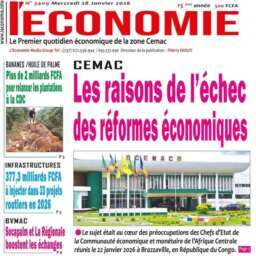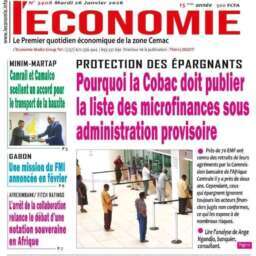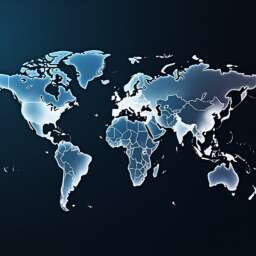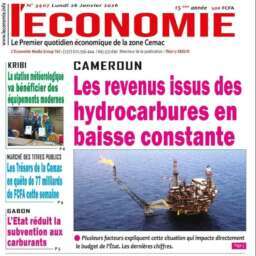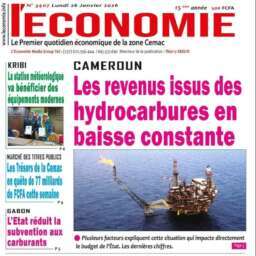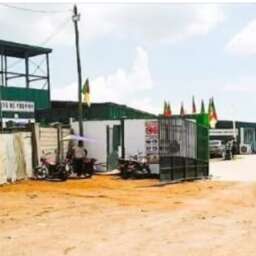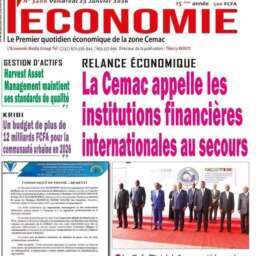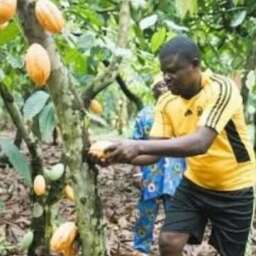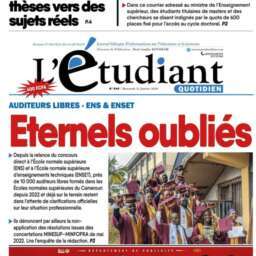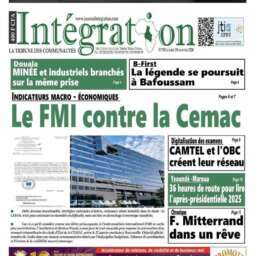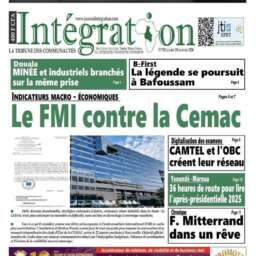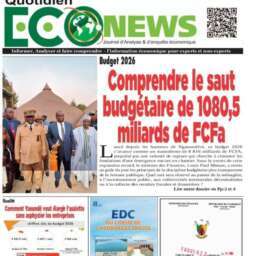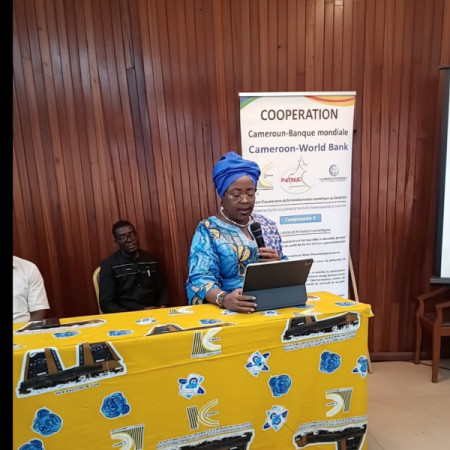(Business in Cameroon) – Cameroon has launched a FCFA 55 billion digital transformation project aimed at connecting 400 rural localities across the country. The initiative, financed by the World Bank, was officially unveiled on 31 October in Yaounde by the Minister of Posts and Telecommunications, Minette Libom Li Likeng, as part of efforts to accelerate the country’s 2020-2030 National Development Strategy.
The project, known as the Digital Transformation Acceleration Project (PATNUC), is designed to enhance digital inclusion in underserved areas, strengthening economic and social development through improved connectivity. With funding equivalent to 100 million US dollars, the connectivity phase of PATNUC will be implemented through collaboration between several ministries, including Agriculture, Livestock and Fisheries, Economy, and Planning.
The initiative aims to improve access to broadband services, expand digital tools for policy formulation, and develop agricultural data systems to support national and regional planning. “The goal of PATNUC is to accelerate Cameroon’s digital transformation. Rural connectivity is a vital step that ensures inclusivity in the digital economy,” said Minette Libom Li Likeng during the launch event. “Through this project, we are opening a new path for digital growth in rural zones,” she added.
On her part, Elena Gabriela Ardelean, the World Bank’s Senior Digital Specialist, underscored the project’s importance, stating that “connectivity is a crucial element for digital transformation and for Cameroon’s economy. This flagship project promotes inclusion, equal access to jobs, and health services. ”According to the National Coordinator of PATNUC, Dr Windfred Mfuh, the next phase will involve inviting operators to submit proposals that cover connectivity access, mobile applications, mobile money services, and other related technologies.
He noted that the programme represents a “complete package” designed to create an enabling environment for the growth of information and communication technologies in the country. The project is expected to significantly expand internet access in rural Cameroon, laying the groundwork for digital-driven growth across multiple sectors including agriculture, education, and governance.
Mercy Fosoh



